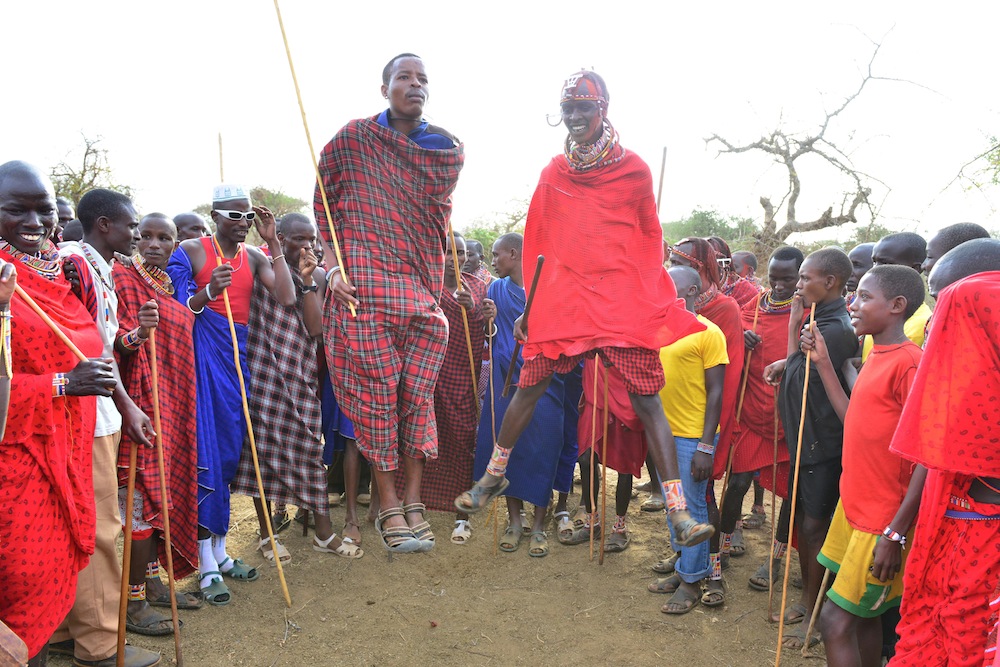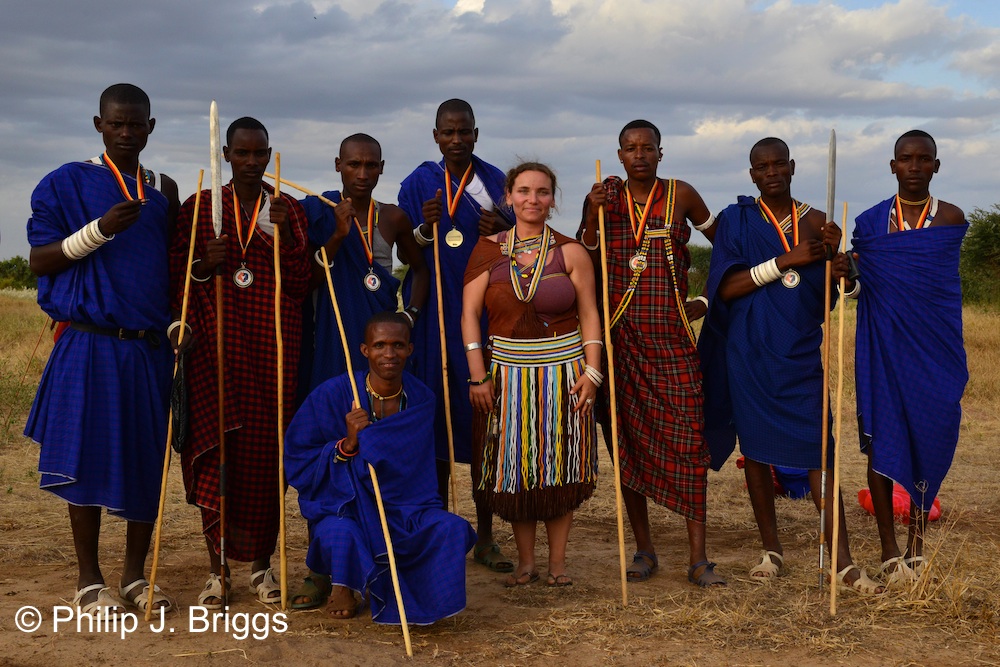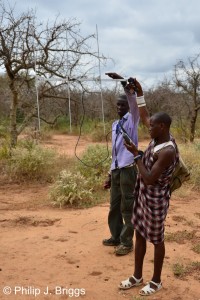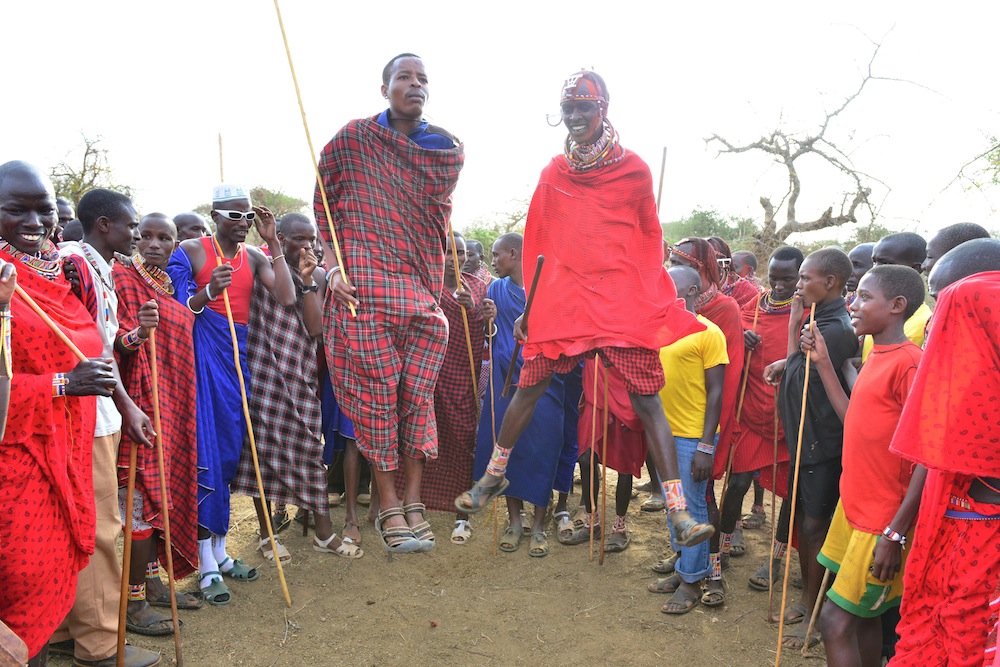Culture without borders

Pastoralism as a lifestyle is shared and practiced by several communities around the world. The main activity shared by all of them though, revolves around livestock production. This, to all pastoralists, is the main common trait and anything else, including language, cultural practices, belief system or organizational structures, can be different. When we expanded the LG Program to Ruaha in Tanzania( in collaboration with the Ruaha Carnivore Project), the Barabaig community was identified as the main lion killers because of their cultural practices. Amongst them, a lion killer would be rewarded with livestock by most of his relatives. This reward system became a major motivating factor behind lion killing. In contrast, for the Maasai lion killing was done to receive a lion name from the warrior’s peers.
During the 2013 Lion Guardians Games, held on June 13th, the warriors from both communities met and competed together for the first time.

As the majority of Ruaha Guardians were not acquainted with the majority of their Maasai brothers, the organization of the games was geared to ensuring that these young men with a shared objective embrace each other. The embrace was quick but their competitive spirit remained alive. The competition for whistling (a herding practice found in both cultures) set the ball rolling and was won by the Barabaig (you can listen to an example of Gwagi, the winner, whistling here). Their Maasai hosts were stirred and vowed to win the remaining events. We at this point made a decision to mix the teams and from there onward, each competitor represented his team, not his country or his community; but even then, the games still measured up to their competitive billing.
After the games the Ruaha LGs stayed behind at our newly built LG Training Center for further instruction and field experience.

When the Eselenkei community invited us to a traditional ceremony, we gladly accepted and took the Barabaig LGs with us. As warriors from both communities interacted, even though they spoke completely different languages, within no time they were able to understand each other through song and dance. The Barabaig LGs were dancing and jumping to different Maasai musical tunes and vice-versa.

This bond between young men from two different communities surprised and entertained not only us but also the Maasai elders in attendance. Maasai women cheered both set of warriors to out jump each other and the exciting spectacle is still the talk of the community! Who said you can’t dance and jump to a different tune?


Leave a Reply